TL;DR: How to contact me
EDIT: I'm no longer offering my time for free. Feel free to reach out if you want to hire me for projects.
If you think this could be useful to your org, please book through this calendly (Google Meet). As a fallback, I’m available as well through WhatsApp.
I’m offering help with:
(In no particular order)
- Software engineering
- Algorithm Implementation
- Solving performance problems
- Backend development
- Computer Vision
- Pushing that feature always wanted, but didn’t find the resources to implement
- Data Science
- Weird quests you're not sure what genre they fall into
- Strange problems
- Software engineering consultation
- Bottleneck Analysis
- Design review
- Mentoring
If you don't see anything on this list that matches your problem, you can still book and tell me about it, I'd be happy to listen.
Why do I think I’ll be useful?
I've been a professional engineer for 9+ years and I expect to need very little management overhead.
Some recent examples:
- I was the tech lead of an autonomous drone startup, we created drones that intercept other drones, this included machine learning, tracking algorithms, computer vision, distributed low latency messaging, creating our own custom electronics and hardware.
- I owned a critical silicon development framework at Apple and 1000x Improved its performance. My work had to do with computer vision and image processing IP development.
- I joined Connected Papers to help them fix performance bottlenecks they've been having. I onboarded to their codebase in less than an hour, and 20x improved their most painful bottleneck.
- I have reverse engineered undocumented APIs, dealt with authentication challenges and improved backend error resilience for Wix's no-code app builder. This was part of automating the manual labor of managing mobile apps' lifecycle in the Google Play Store and Apple App Store.
- I've mentored and assisted engineers and to advance their skills and career. Mostly close friends but also from through a mentoring program.
For more thing, you can look at my CV and my LinkedIn and also my blog (which is updated infrequently).
Should you contact me?
If you think I might be useful to you - yes. Right here.
Alternatively, give me feedback on why not in this form.
What kinds of problems do I think I’ll be useful with?
TL;DR: Complicated problems please! (If you're not sure - book with me!)
Engineering
- “We want to find a scheduling solution with the following constraints”
- “We need to reduce the amount of alerts / errors in production”
Performance
- “Our cloud bill is exploding when we have a lot of user activity”
- “Our app feels unresponsive”
- “We can’t add more tests because our test suite is already too slow”
- “Let’s grab a coffee while my build runs!”
Mentoring / Consultation
- “We need to grow our engineers but don’t have capacity” (also see Yonatan’s mentoring post)
- “Which database should we choose?”
- “We can’t onboard new engineers because it would take too much time walk them through our system”
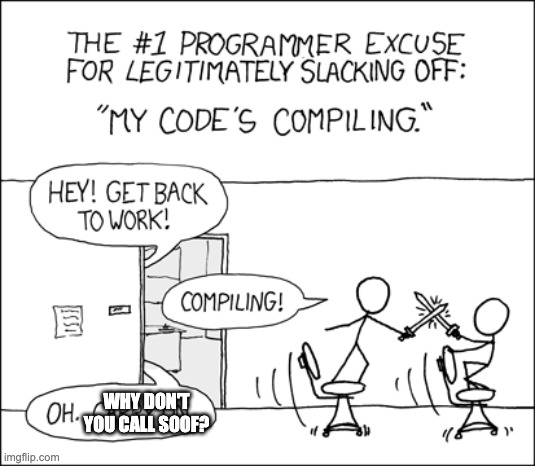
What will working with me be like?
- A meeting over video where we talk about your engineering challenges and figure out if I’m a good fit.
- An onboarding session to your codebase (optional)
- Ongoing communication mostly with async messaging
- PRs at your repository’s doorstep
Direct communication
I like to be frank about things (especially around engineering) that I’d, eh, do differently.
I do this in a constructive way aiming to help make the situation better (this is indeed what I’m looking for - help solve this stuff), and still, I’d like to say explicitly that I’d like to work with people who are happy with this style of communication.
How can you help?
- Refer software orgs / teams to me, if you believe they could benefit from a strong engineer in the short term.
- Let me know why your org chose not to work with me. Here's the form for that.
This is all very much a beta endeavor, I plan to tune what I’m offering based on my observations, any feedback and suggestions to improve this effort are welcome.
Special thanks to Yonatan Cale for helping me create and memeify this post.
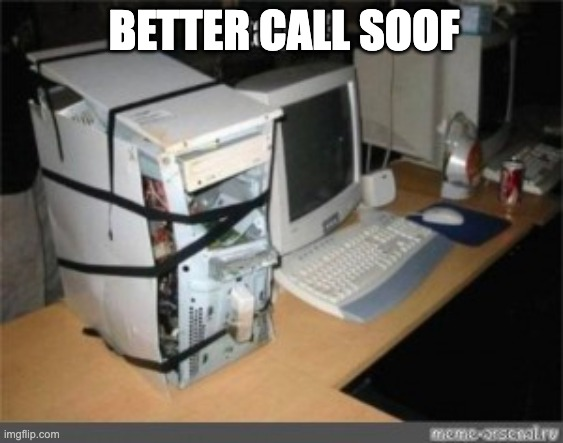
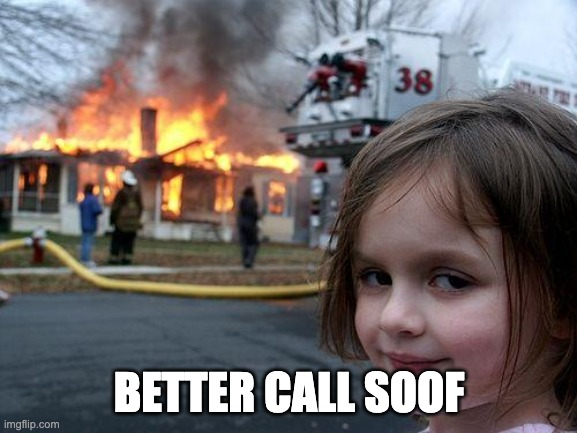
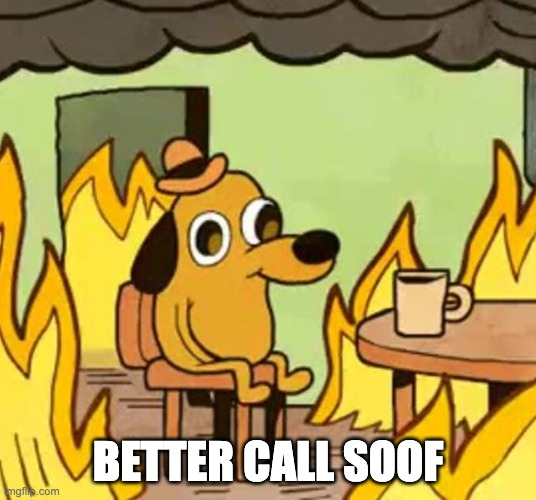
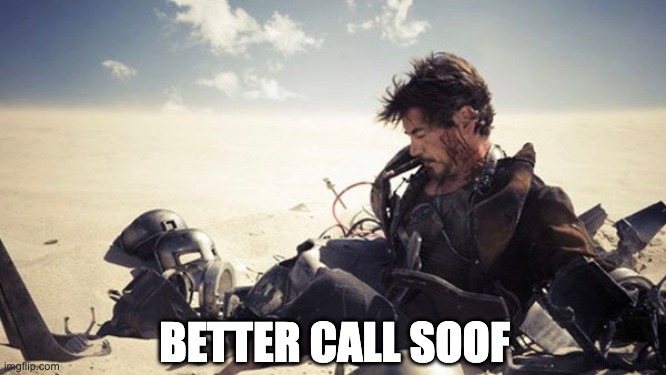

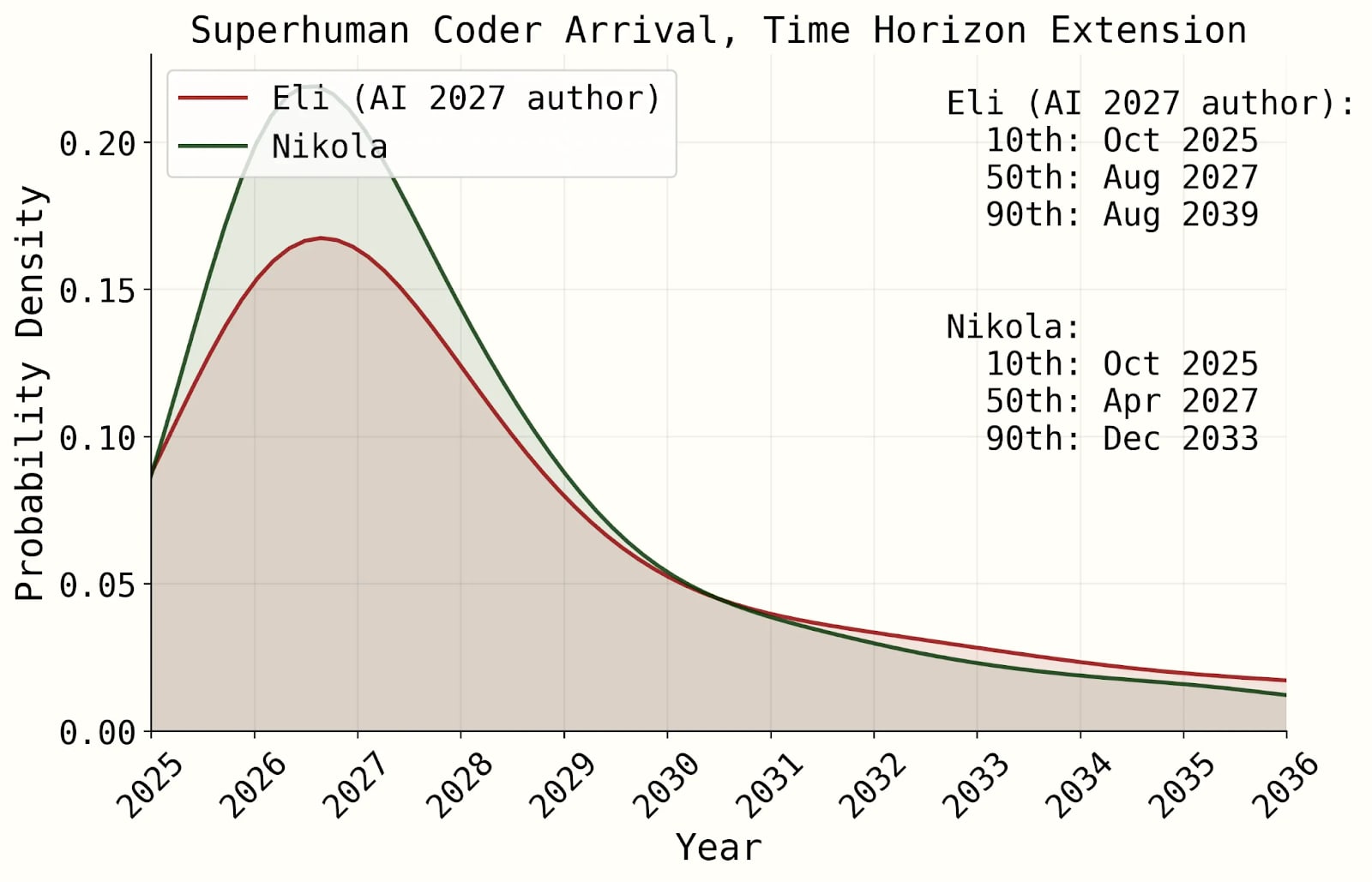

Following anonymous feedback that I got from this form (thank you!) here's my more professional (and meme-less) pitch:
I'm offering my engineering / consulting time for free for a limited time for EA Aligned projects.
TL;DR
Book this calendly if you believe I might be a good fit to your challenges.
I'm offering help with
Experience:
I've been a professional engineer for 9+ years.
Some recent examples:
For more thing, you can look at my CV and my LinkedIn and also my blog (which is updated infrequently).
How will working with me be like?
Direct Communication- I express my opinions about engineering in a very frank way, I do this in a constructive way in order to find solutions to the problems we have at hand. I hope to work with people who are happy with this communication style.
Should you contact me?
If you think I might be helpful to you - yes.
If not - please provide feedback on you you think is missing right here.